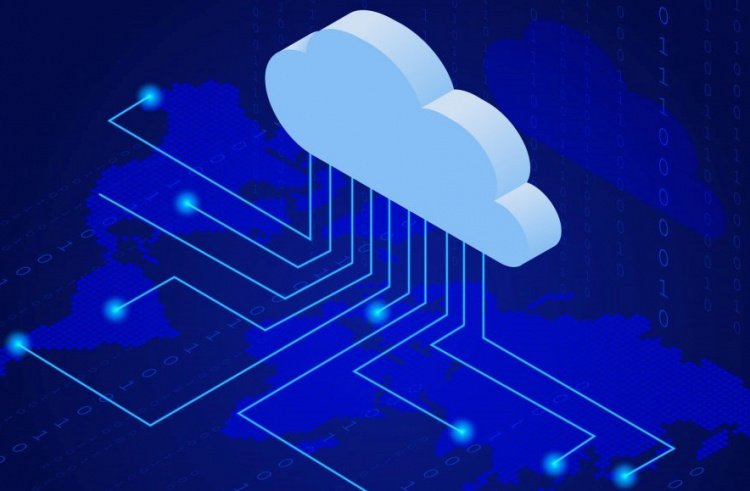Cloud Contracts: Is It Possible To Get Rich?

A cloud bitcoin contract is another way to take part in mining for those who still have not joined the game. For those who could not make a fortune at a time when the extraction of new cryptocurrency blocks was an affair accessible to everyone.
Advertising of cloud mining services describes them as an investment tool, as a source of stable and passive income. Does this type of mining give a chance to get rich? Is it possible to make money by renting the power mining pools?
Cloud business principles
Compensation for created blocks is credited to the wallets of the cloud service and is distributed among users who rented miners in proportion to the power they purchased. However, a company that provides cloud mining services may not have its own data center and mining facilities, being only an intermediary between their customers and the owner of the equipment.
The simplicity and transparency of this business scheme attract users. At their disposal, they have various tools for calculating the profitability of the acquired share of the hash power and demonstrating a stable income. Advertising describes the many advantages of cloud services compared to buying your own miner. According to the ads, the user will avoid:
- the need to understand the intricacies of the choice, purchase, configuration, and maintenance of miners;
- the neighborhood with noisy, heat-generating equipment;
- the need to create conditions for cooling miners;
- large one-time investments.
It seems that there is no trick: the arguments are eloquent, the numbers can be checked. Cloud mining services are provided by reputable, time-tested companies, among others. However, upon closer examination, reading user reviews, and analyzing market trends, doubts begin to arise. And they become stronger if you ask a few simple and naive questions, which we will mention later.
What does the user pay for?
In addition to a one-time fee for the contract itself, the client of the cloud mining services pays a daily commission for the maintenance of the equipment. It includes the price of electricity and, apparently, the remaining associated costs of the service provider.
Generally, this amount is small, or it does not seem very large at first. When summing up the commission for the entire duration of the contract, the final figure is way more impressive — it is likely to be higher than the price of the contract itself.
Companies that provide cloud mining services can charge other commissions. For example, for repairs — in case of a rented miner failure. This is how these services act after the warranty period (usually six months) ends, especially when a user rents a specific model of a miner.
There is revenue, but what about profit?
A client of cloud mining services should know the difference between these concepts. Considering all the costs and taking into account only the income data from the mining calculator, it turns out that it takes about a year to recoup the investments. All this time, the leased equipment will most likely bring some revenue, but the profit will appear much later.
The calculation of regular charges to the cloud contract client is based on the leased hash power, the current complexity of mining blocks, and the market price of the cryptocurrency. Obviously, there are two interconnected values in this data: complexity and price, but the effect of one on the other is not so obvious and cannot be calculated using a simple formula.
Stable passive income in an unpredictable market?
Even if everything was so simple (and it’s not, because the 2018 Bitcoin Complexity vs Price charts refute the above), there is another problem — volatility and unpredictability. Prices may rise further or may begin to fall. It is unknown how exactly this will affect complexity, and this can be seen from the previous example.
The mining income shown in the calculator, which is based on current data and the assumption of predictability of further market behavior, may turn out to be wrong both in one direction and in the other. There have been periods in the history of cloud mining services when changes in the market led to the need for introducing new rules: if the profitability from mining does not cover the current fees, then their acceptance is suspended. Did this solve the problems of users who bought annual contracts and did not receive a “stable passive” income? Hardly.
Why don't cloud mining services earn on mining themselves?
In answer to this question, one can hear the following: these are service enterprises, their business is customer service, this is another business model where profit comes from regular users, and not from a volatile market.
However, for some reason, according to the profit calculations of cloud contracts, the market will not change at least. If services offer their customers to rely on unchanging conditions, then why not believe in them themselves?
Image courtesy of: Bitcoin.Co.Uk